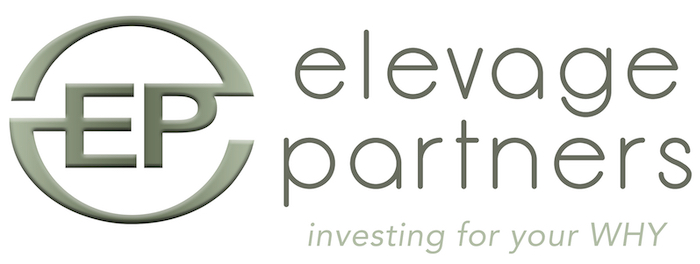The online security game has changed completely. Here are two things you can do about it.
By Brian K. Case, CFP®
Chief Experience Officer
Thing 1

Brian K. Case, CFP®
Chief Experience Officer
There are lots of benefits to using LastPass and you can find them all on their website, so I won’t bore you with them here. The way I think about it is that you will never have that “oh no” feeling like when you lose your wallet. You know, when you are not even sure what numbers to call or what exactly you lost and who is going to use it. It’s the same feeling, or worse, when you find out that your online identity has been compromised because you don’t know who might have your information or where else you might have used the same credentials.
The biggest objection I get about using LastPass is being uncomfortable storing usernames and passwords on the Internet. I get it, which is the reason I recommend LastPass over any of the other options. Their encryption technology is the standard of the industry and they are committed to staying up to date. Equally important though is that by storing all of your information in LastPass, if you ever have that sinking feeling that you’ve been hacked you know exactly where to go to take control of the situation.
So, if this little rant is enough to get serious about setting up LastPass, here’s a great way to get started. If you need help getting set up, don’t hesitate to ask. I would be happy to schedule some time to work on it with you. Or, if you need more encouragement, please schedule a call with me using this link. My bet is that it will only take 15 minutes, but if you are really skeptical maybe choose a 30-minute meeting!
Thing 2
In the old days, we did everything we could to protect our identity along with our passwords. We all wanted to keep it off the Internet. Well, those days are over. Not that we shouldn’t keep trying to protect our sensitive information, but there have been so many data breaches that we have to assume that it’s all out there already. Now the game is to monitor it, so we know right away if it’s being used improperly and be ready to act (see my LastPass rant above). I wish it was not the case. My nightmare was having 10 clients call at once looking for help because they got a ransom email or alert from their bank.
So, for the past few years, we have been recommending an online identity monitoring program called InfoArmor to clients. The biggest objection I get is not wanting to put all of the information necessary to monitor for misuse in one place and out on the Internet. Well, remember, it’s all out there now anyway and the game is to make sure it’s not being used by the bad guys. The other objection is paying for something that clients can do themselves for free, which used to be true when basically everything we worried about showed up on credit reports. Again, the game has changed and now we need to monitor social media and the multitude of payment platforms that are connected to them. Yes, even if you don’t use Facebook. Actually, especially if you don’t use social media, you need to make sure that someone else isn’t pretending to be you. And face it, you probably don’t know how to monitor the dark web and are not going to spend the time checking in on every place your identity might be used.
This is why we provide InfoArmor for our clients. We chose this company for two reasons. First, they have a great monitoring system – better than any of the retail competitors like LifeLock. Second, and more importantly, you can call their 800 number and talk to a real person that can truly help you with any online identity issues. We made a deal with them to buy license codes for a fraction of what it would cost individually. If you have not taken me up on the offer, please ask for your code and the set-up link. You can use one code to easily set up the whole family. If you have not, please schedule 30 minutes with me using this link.
Thanks for taking the time to listen to my rants. I hope you take both of these recommendations seriously and don’t hesitate to ask for help.
Sincerely,
Brian
